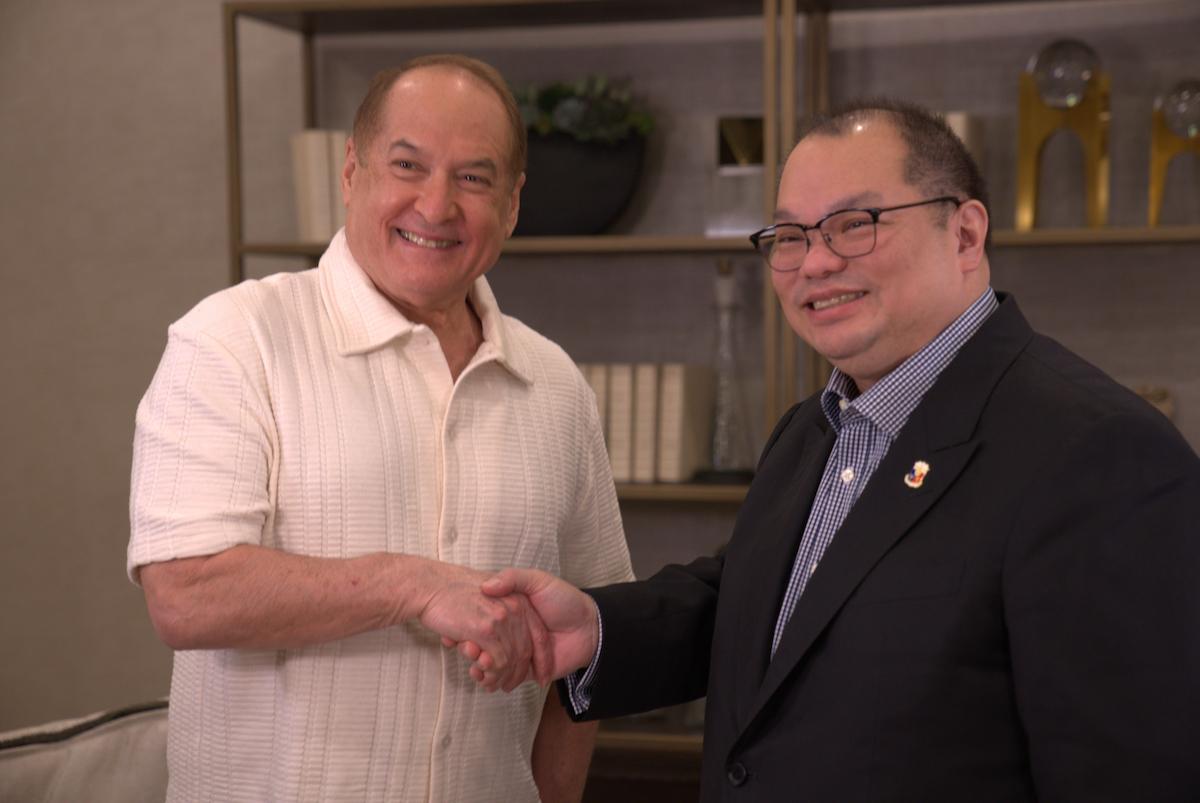ON July 29, 2016, Department of Homeland Security (DHS) announced the expansion of the provisional waiver program. It is estimated that approximately 100,000 more individuals will be eligible to apply for a provisional waiver under the expanded program.
The provisional waiver program streamlines the waiver application process so that the separation of family members is minimized. Individuals who benefit from the provisional waiver program are those who are ineligible to legalize their status for permanent residency through an adjustment of status application. Individuals in this situation are primarily those who entered the US without inspection, as a C-1 crewman, D-1 in transit, fiancé who did not marry the petitioning fiancé, or someone who can no longer prove how they lawfully entered the US. In addition, individuals who are unable to adjust status in the US are those whose green card application is based on a family-based petition in one of the preference categories or an employment-based petition; is in the United States unlawfully; and is not grandfathered under former INA §245(i).
Individuals who are not eligible for adjustment of status can only apply for permanent residency by leaving the US and processing through the US Embassy overseas. The problem, however, is that most individuals will trigger a 3 or 10 year bar once they leave the US. Individuals who leave the US after having been unlawfully present in the US for more than180 days are subject to a 3 year bar. Individuals who leave the US after having been unlawfully present in the US for more than 1 year are subject to a 10 year bar.
The only way for an individual to obtain an immigrant visa and return to the US before the 3 or 10 years elapses is by being granted a waiver of inadmissibility for the unlawful presence. To be eligible to apply for an unlawful presence waiver, an individual must have either a US citizen or lawful permanent resident spouse or parent. Unfortunately, a child does not qualify. To be granted, an individual must prove that the US citizen or permanent resident spouse or parent would suffer extreme hardship if the individual were not allowed to return to the US before the applicable 3 or 10 years.
Under the provisional waiver program, individuals are allowed to apply for an unlawful presence waiver before leaving the US, thereby eliminating risk since they will know if the waiver is granted or denied. Only after the waiver is approved would the individual leave the US and go to the US Embassy for processing of the immigrant visa. The reported average time that an individual is outside the US to process the immigrant visa is just 2 weeks.
Since its implementation in March 2013, the provisional waiver program has been restricted to only those who are the Beneficiaries of a family-based petition under the Immediate Relative (IR) category. Individuals who fall under the IR category are spouses, parents, or unmarried children under 21 of US citizens.
Under the expansion, Beneficiaries of all types of visa petitions will be eligible to seek a provisional waiver. In other words, individuals who are the Beneficiaries of family-based petitions in the preference categories, employment-based categories, diversity lottery, and special immigrant categories will be eligible to apply.
Another change under the expansion applies to those with a final order of deportation. Individuals with a final order of deportation will now be eligible to apply for a provisional waiver.
A further change under the expansion requires that individuals take greater care in ensuring that they have a reliable and knowledgeable attorney to handle the processing of the provisional waiver application. Currently, the DHS would deny an application if it had “reason to believe” that an individual would be ineligible for an immigrant visa because of some other violation in addition to the unlawful presence. The granting of a provisional waiver takes care of the unlawful presence violation, but it does not take care of other reasons for inadmissibility, such as fraud or a criminal violation. As such, if an individual is inadmissible for other reasons, they would be stuck outside the US while they process another waiver, which could take several months to even years.
Individuals who are eligible under the expanded provisional waiver program may start submitting applications on August 29, 2016. Given the complexities of the waiver process, it is vital that individuals seek fully capable and knowledgeable legal counsel. The provisional waiver program may be the solution to individuals who have been in limbo in finally finding peace and prosperity.
* * *
For further information, please schedule an appointment with an attorney at Aquino & Loew, Certified Immigration Law Specialists; (888) 797-1140 or (626) 799-3089; [email protected]. Please also visit Aquino & Loew at www.aquinoloew.com and connect with us on Facebook and Twitter. Aquino & Loew also handles family law and criminal matters. Providing Personalized Service Nationwide & Abroad Since 1996.






